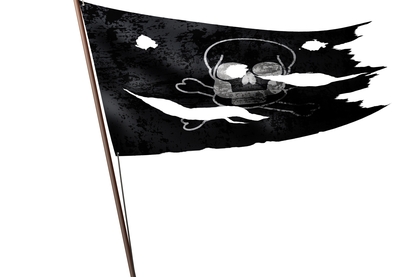Okay, I understand. Most of us simply do not want to die. And over the last two centuries the western world has managed to postpone the occasion: we’ve doubled our lifespan.
Postponement, however, is not eradication. Die we must, eventually, although there now appears to be a workaround. Many people are attempting to defeat mortality by substituting die and death with the asinine euphemism pass away and its variants.
I’ve read death notices all my life. As a journalist I had to stay informed. After leaving newspapers I kept up the habit, perhaps following Pete Seeger’s advice in the chorus to his ditty on old age.* He checks the death notices daily to see if his is among them.
 My enduring attention to this section qualifies me to offer some observations, and I can assure you hardly anyone dies anymore. When I began pondering this advance I wondered whether it reflected Canadians’ growing devotion to politeness.
My enduring attention to this section qualifies me to offer some observations, and I can assure you hardly anyone dies anymore. When I began pondering this advance I wondered whether it reflected Canadians’ growing devotion to politeness.
I bet Americans don’t pass away, I thought. These people are tough; they carry guns and are ready to die! A scan of several U.S. newspapers proved me wrong. Americans no longer die.
Then I checked the U.K., seat of our beloved English language. Surely they wouldn’t resort to understatement. Wrong again, although there seemed to be a few more deaths on average than in North America.
I wondered whether my memory was faulty. Was I just imagining how we announced deaths in the past? I checked an assortment of Canadian notices from 50 years ago. We all died then; I found only one elderly woman who passed away.
Why must we pretend death doesn’t happen? Frank Faulk, the CBC Radio documentary producer, notes there are 200 euphemisms for die in English. His July broadcast, however, reveals that pass away is favoured. Some religious people interviewed defended avoiding die because the soul never dies, but passes on.
Fair enough! But weren’t we more religious 50 years ago?
*How do I know my youth is all spent? My get up and go has got up and went!
Previous post: Wasted Words: Jobspeak, the Language of Work
The Editors’ Weekly is the official blog of Editors Canada. Contact us.
Discover more from The Editors' Weekly
Subscribe to get the latest posts sent to your email.
